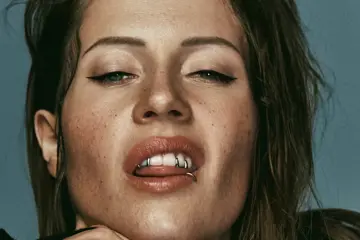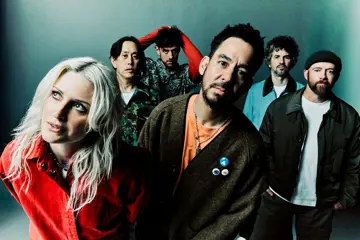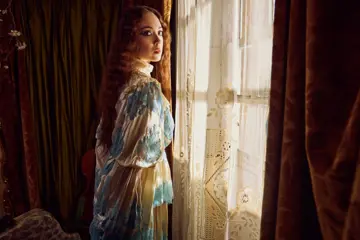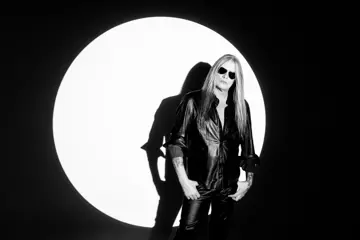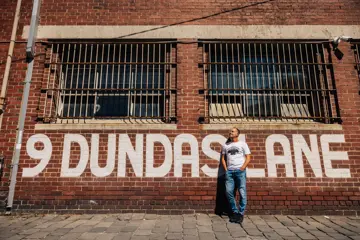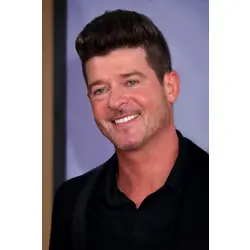 Robin Thicke
Robin ThickeIn case you've missed it, Robin Thicke and Pharrell Williams are currently embroiled in the US court system, feverishly defending their 2013 mega-hit Blurred Lines against charges of plagiarism from the estate of Marvin Gaye, who claim it bears more than a few similarities to Gaye's 1977 composition Got To Give It Up.
None of that really matters right now, though — not because it's unimportant, just because it's still an ongoing trial and the outcome is yet to be decided and that whole "presumption of innocence" thing — but what is interesting is that, in defense of the track, some pretty gobsmacking financial details were laid bare for the court that raise a few troubling questions about the cost of producing one — albeit globally popular — song.
As Stereogum notes, usually such details wouldn't be made public, but given the nature of the trial, the books are open for us to scrutinise, so here are the fast figures: apparently, the song pulled in total revenue of $US16,675,690 (about $21.3 million), with Thicke and Williams each taking home a touch over $US5.5 million and $US5.1 million, respectively (Pharrell also picked up a tidy $US4.3 million in royalties and $860,000 for a production credit). Guest star T.I. walked out with a none-too-shabby paycheque for $US704,774, while label investors Interscope, UMG Distribution and Star Trak split the remaining $US5,159,245 between them.
The kicker? Total costs to produce the song apparently ran to $US6.9 million. That's about $US1.75 million short of making a profit for the labels themselves, by the way, which sure is… interesting (how can you be sued for something that doesn't exist?).
Don't miss a beat with our FREE daily newsletter
However, taking into account the $US11 million in tour revenue generated by the song, as well as about $US8 million in publishing profits, there may be something left for Blurred Lines to give should the case swing in the Gayes' favour (they also allege another Thicke track, Love After War, ventures too close to Marvin Gaye's After The Dance).
The trial is ongoing.


